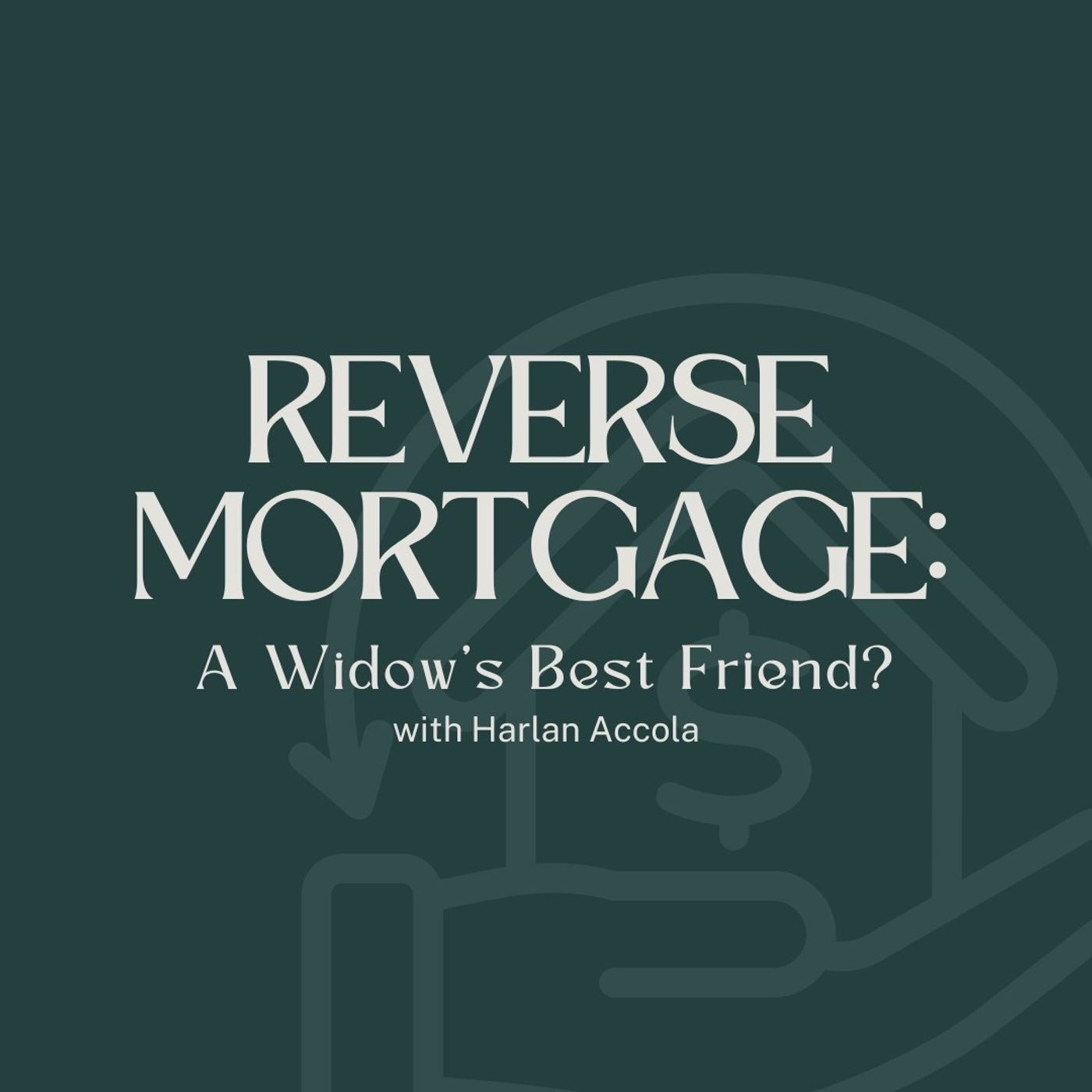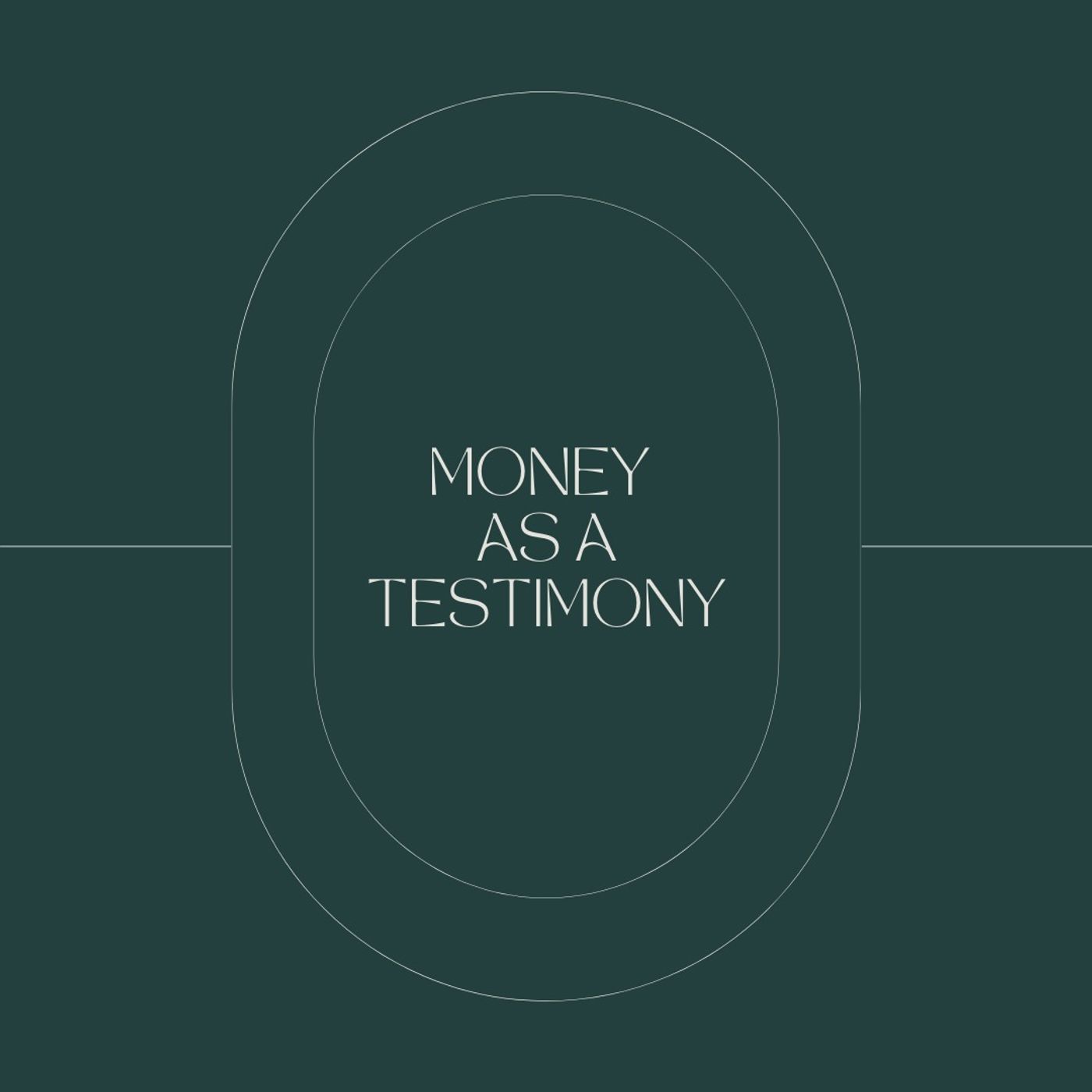Reverse Mortgage: A Widow’s Best Friend? with Harlan Accola
Faith & Finance with Rob West
Could a reverse mortgage be a widow’s best friend? Since women typically outlive men, many will one day carry the financial load alone. Today, Harlan Accola joins us to explain how reverse mortgages have changed and why they can offer widows stability, dignity, and confidence for the years ahead. Harlan Accola is the National Reverse Mortgage Director at Movement Mortgage, an underwriter of Faith and Finance. He is also the author of Home Equity and Reverse Mortgages: The Cinderella of the Baby Boomer Retirement.

Show Notes
Could a reverse mortgage be a widow’s best friend?
Since women typically outlive men, many will one day carry the financial load alone. Today, Harlan Accola joins us to explain how reverse mortgages have changed and why they can offer widows stability, dignity, and confidence for the years ahead.
Harlan Accola is the National Reverse Mortgage Director at Movement Mortgage, an underwriter of Faith and Finance. He is also the author of Home Equity and Reverse Mortgages: The Cinderella of the Baby Boomer Retirement.The Longevity Challenge
Many people still carry outdated assumptions about reverse mortgages. Some believe they’re risky or predatory—especially for widows. However, over the years, these products have undergone significant evolution, incorporating new safeguards that make them a secure and compassionate option for many older adults, particularly surviving spouses.
Women tend to outlive their husbands, often by several years. That creates what financial professionals call longevity risk—the challenge of stretching resources over a longer life. Couples frequently plan their finances assuming they’ll live out retirement together, but the reality is that many widows face 2–10 years of life on their own, often with reduced income.
You Might Also Like

October 15, 2025
Money as a Testimony
Wise stewardship isn’t just about managing money well—it’s about revealing God’s generosity to a world searching for tru...
October 14, 2025
Episode 347 - Most Christian Entrepreneurs Dread Heaven (But Should They?) | Jordan Raynor
Most Christian entrepreneurs dread the idea of heaven—endless worship services with harps and clouds sounds more like pu...

October 14, 2025
Retirement with Purpose
If you’re retired and have time on your hands, become a volunteer. A recent article at MarketWatch.com noted that only o...